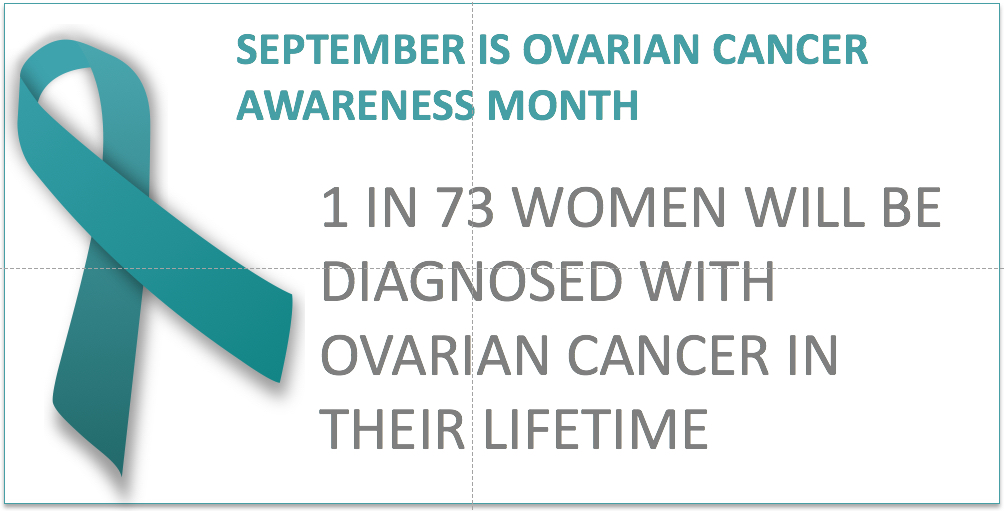The American Society of Clinical Oncologists (ASCO), recently issued a report recommending that when patients are diagnosed with advanced stage cancer, the physician initiate discussions about palliative or end of life care.
It's the elephant in the room that no one wants to acknowledge, this gigantic thing that no one wants to see, least of all the patient. It's especially difficult for the family who may think it means that the doctors are giving up, that there is no hope. But, that's not necessarily the case.
The president of ASCO, George Sledge, stated that soon after the diagnosis, the oncologist should discuss the full range of curative and palliative therapies to be sure that the patient and her family understand the full range of options available to them so that their wishes can be honored. Conversely, if the decisions have not been thought out, it can have profound effects on everyone involved and may result in irreversible mistakes.
Too often, talking about this critical stage of life occurs in the last weeks or days of a person's life, or not at all. Patients who do not understand the options and their implications when the time comes, may not be prepared to make the decisions or they may not be in a position to evaluate the choices because they're impaired by medication or other problems. And, caregivers of patients who have not received counseling experience significantly greater stress than with those who have.
According to Sledge, palliative care can improve patient quality of life and may extend her life. For that reason, ASCO will begin offering guidance to oncologists so that they can integrate the discussions into their practice.
Let's face it, this is a huge taboo in our culture. And, in my experience helping women cope with advanced stage cancer, no one wants to steal the hope from anyone fighting for her life. However, in a study of advanced lung cancer patients, the group given chemotherapy and palliative counseling immediately after diagnosis lived several months long than those who only received chemotherapy.
If we can begin the conversations now, whether or not we are ill, we can desensitize the fear of talking about end of life. Then, if we take the next step and investigate the various decisions that need to be made and consider our preferences, it will empower everyone involved with this part of our journey.






Add a CommentComments
There are no comments yet. Be the first one and get the conversation started!